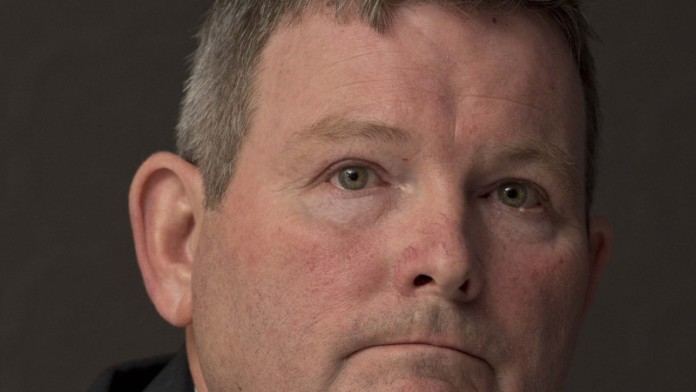
NORTHAM Platinum will consider the purchase of preference shares held in its empowerment partner Zambezi Platinum as a means of returning value to shareholders once the critical process of project execution was complete.
Paul Dunne, CEO of Northam, said at the company’s 2018 annual results presentation today that as each Zambezi Platinum preference share was backed by a Northam ordinary share, purchasing the preference shares would be tantamount to a share buy-back.
“That is by far our best and most efficient way of returning value to shareholders,” said Dunne. “The board is aware of this [option] and when the time comes, it will tackle that.” The purchase price of the preference shares – if that route was taken – would be governed by the listed price of Zambezi Platinum preference shares, although Dunne acknowledged Northam could pay “… a small premium”.
In order to do this, however, Northam would have to roll over its existing bond notes which were raised to see the company through an aggressive growth strategy aimed at taking PGM metal production to one million ounces annually by 2022. This strain of the strategy was demonstrated by capital expenditure in the year under review of R3.8bn which saw net debt increase to R2.7bn – up from R1.7bn at the half-year point in the financial year.
The net debt was exacerbated by a build up of inventory totalling 170,000 4E oz – over and above standard inventory of 80,000 to 90,000 4E oz – which was caused by material being readied for the only recently completed smelter expansion at Northam’s Zondereinde mine. Ayanda Khumalo, CFO of Northam, calculated that the book value of the extraordinary inventory was R2.1bn, but that the sales value was currently R2.5bn. This married with the reduction in net debt anticipated in the current financial year.
Excluding the non-cash ‘cost’ of paying preference share dividends to Zambezi Platinum – a function of how the group re-empowered and recapitalised itself previously – Northam reported normalised earnings of R421.5m for the 2018 financial year, a 5.8% improvement on the R398m in the previous financial year.
It was a relatively strong performance for the year and was under-pinned by operational and capital project progress in which overall refined 6E production (including palladium and rhodium as well as platinum) increased 4.5% to 571,843 oz. This was despite stoppages at Northam’s other mine – Booysendal – following the adoption of owner-operator practices from the previous contractor arrangement.
Both mines have expansions underway. Zondereinde is in the process of accessing ore at the Tumela property purchased for R1bn from Anglo American Platinum, and is expanding its smelter capacity as mentioned above to cope with the higher production rates. It is also developing the South Booysendal mine.
A third mining development – Eland Platinum which was bought from Glencore during the 2018 financial year – was also on the agenda, although Dunne said the company would keep tabs on the health of the platinum market before taking the plunge.
He remained hopeful the platinum price would stage a recovery after hitting multi-year lows of sub-$800/oz this year, but he added that the basket price of metals Northam produces was stronger whilst the company’s growth strategy was predicated on taking its total unit cost lower ahead of betting on a rising platinum group metal basket price.
“Despite weak platinum prices, we believe Northam’s low cost mining operations stand to benefit when platinum prices improve,” said JP Morgan Cazenove in a report. It said the share was attractive versus its peer group. Shares in Northam have been under pressure year-to-date but in the last three weeks they are 15% stronger.
Goldman Sachs said that whilst the increase in net debt was “… a cause of concern” the company continued to forecast “… material de-stocking of inventory which should see high free cash flow generation and balance sheet delever, despite the continued high capex”.








